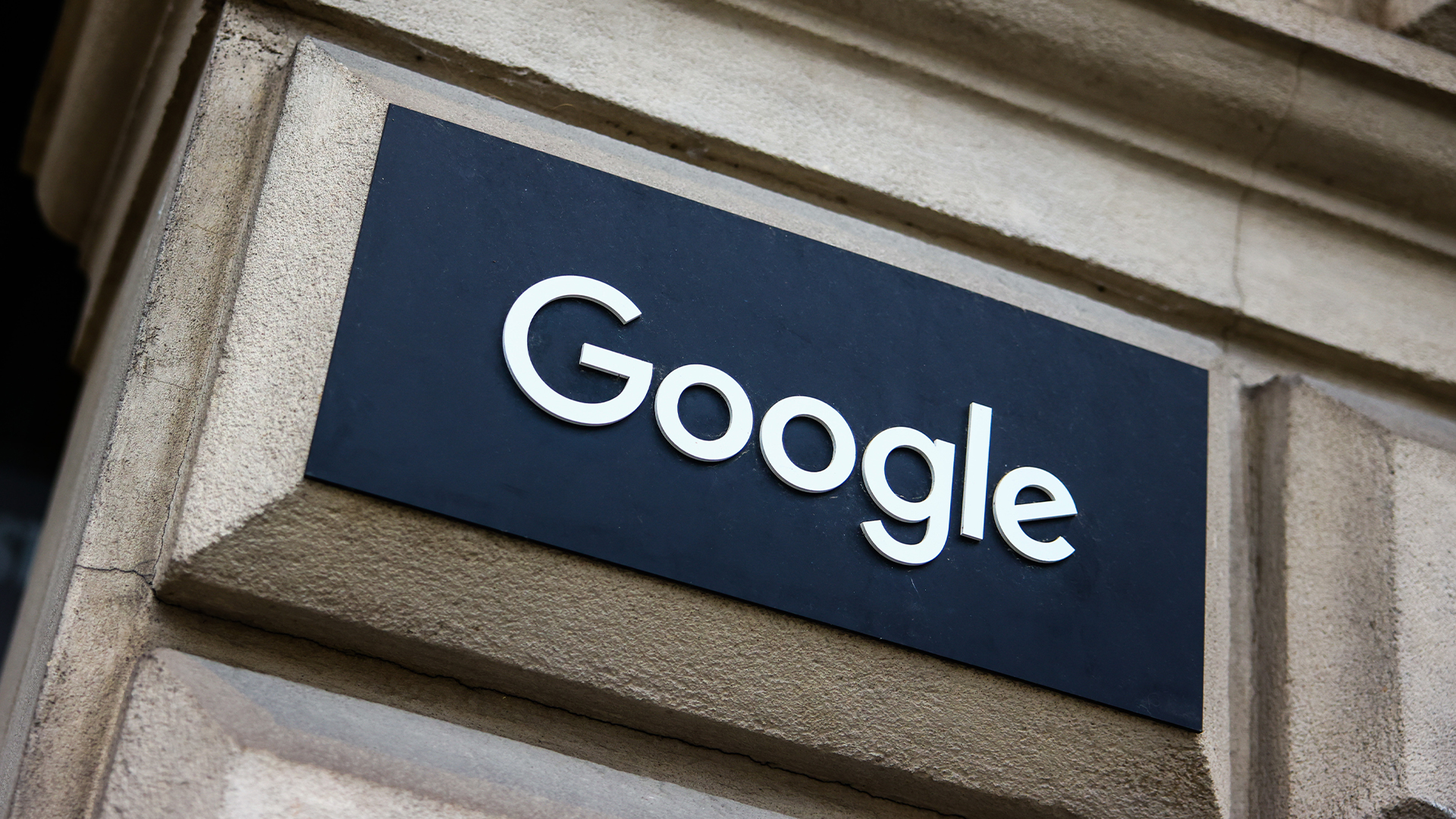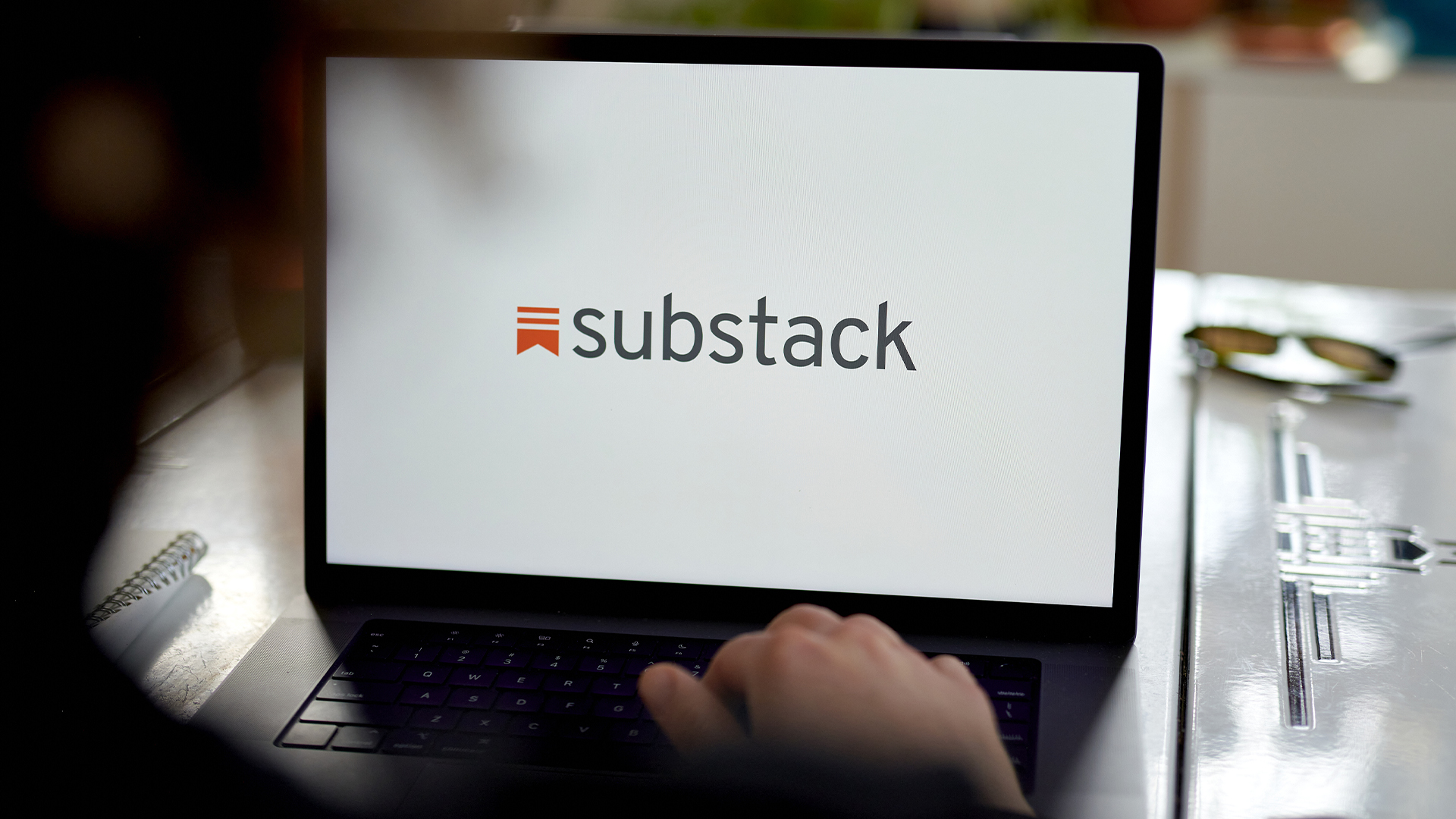Google wants to take hackers to court
You don't have a package waiting for you, it's a scam – and Google is fighting back


Sign up today and you will receive a free copy of our Future Focus 2025 report - the leading guidance on AI, cybersecurity and other IT challenges as per 700+ senior executives
You are now subscribed
Your newsletter sign-up was successful
Tired of scam messages purporting to have a package for you? So is Google – and it's lawyering up to fight back.
Google said it is adopting a multifaceted approach to takedown a phishing as a service (PhaaS) operation known as 'Lighthouse', not only suing those responsible, but backing bipartisan US legislation to take on such scams and rolling out new AI-based tech to protect users.
"That text message you got about a 'stuck package' from USPS or an 'unpaid road toll'? It’s not just spam. It’s the calling card of a sophisticated, global scam that has swindled victims out of millions of dollars," said Google's general counsel Halimah DeLaine Prado in a blog post.
"Bad actors built 'Lighthouse' as a phishing as a service kit to generate and deploy massive 'smishing' (SMS phishing) attacks."
Those attacks arrive via a text message claiming to have a delivery or warning of an unpaid road toll, with a malicious link where victims are urged to enter their email, banking data, and more.
According to Google, the Lighthouse operation has impacted over one million victims spanning 120 countries, stealing information on anywhere between 12.7 million and 115 million credit cards in the US alone
“This represents a five-fold increase in these types of attacks since 2020,” DeLaine Prado noted.
Sign up today and you will receive a free copy of our Future Focus 2025 report - the leading guidance on AI, cybersecurity and other IT challenges as per 700+ senior executives
Google said attacks often make use of legitimate brands and their trademarks on malicious websites, with the tech giant spotting at least 107 website templates using its own branding on fake sign-in screens.
Google getting tough on scams
Google said it is taking legal action in the hopes of dismantling the "core infrastructure" of the Lighthouse operation.
"We are bringing claims under the Racketeer Influenced and Corrupt Organizations Act, the Lanham Act, and the Computer Fraud and Abuse Act to shut it down, protecting users and other brands," DeLaine Prado noted.
The lawsuit is being brought against 25 unnamed people believed to live in China, seeking a restraining order and damages. Of course, given the individuals accused of running Lighthouse are not known, the intent isn't to necessarily target them.
Instead, Google is also asking web hosting providers to block Lighthouse associated IP addresses and domains.
Alongside the lawsuit, Google has thrown its weight behind a trio of bills currently working their way through US Congress: Guarding Unprotected Aging Retirees from Deception (GUARD) Act, Foreign Robocall Elimination Act and Scam Compound Accountability and Mobilization (SCAM) Act.
Those bills would see the establishment of taskforces to target such scams — and funding to investigate them.
Legal actions aside, Google said it is also developing tools using AI to better spot and flag such scams in a bid to better protect users.
Tough fight ahead
While the actions by Google have been welcomed, one industry expert said such efforts may be like playing whack-a-mole. They might knock one down, but another will just pop up again.
"Groups like Lighthouse appear regularly, and while legal action can disrupt them, these operations often re-emerge using alternative infrastructures," said Carl Wearn, head of threat intelligence and analysis & future ops at Mimecast.
"Copycat phishing as a service models will continue to grow, exploiting people’s instinctive trust in familiar digital channels like email and SMS."
While the increase of these scams – which not only now impersonate delivery firms and toll threats but governments and banks to trick victims – may spark more lawsuits from brands following Google's lead, Wearn said that "lasting impact will depend on public awareness, taking a moment to pause, verify and think before clicking."
Make sure to follow ITPro on Google News to keep tabs on all our latest news, analysis, and reviews.
MORE FROM ITPRO
Freelance journalist Nicole Kobie first started writing for ITPro in 2007, with bylines in New Scientist, Wired, PC Pro and many more.
Nicole the author of a book about the history of technology, The Long History of the Future.
-
 Pulsant unveils high-density data center in Milton Keynes
Pulsant unveils high-density data center in Milton KeynesNews The company is touting ultra-low latency, international connectivity, and UK sovereign compute power to tempt customers out of London
-
 Anthropic Labs chief claims 'Claude is now writing Claude'
Anthropic Labs chief claims 'Claude is now writing Claude'News Internal teams at Anthropic are supercharging production and shoring up code security with Claude, claims executive
-
 Security experts warn Substack users to brace for phishing attacks after breach
Security experts warn Substack users to brace for phishing attacks after breachNews Substack CEO Christ Best confirmed the incident occurred in October 2025
-
 Google issues warning over ShinyHunters-branded vishing campaigns
Google issues warning over ShinyHunters-branded vishing campaignsNews Related groups are stealing data through voice phishing and fake credential harvesting websites
-
 Notepad++ hackers remained undetected and pushed malicious updates for six months – here’s who’s responsible, how they did it, and how to check if you’ve been affected
Notepad++ hackers remained undetected and pushed malicious updates for six months – here’s who’s responsible, how they did it, and how to check if you’ve been affectedNews Hackers remained undetected for months and distributed malicious updates to Notepad++ users after breaching the text editor software – here's how to check if you've been affected.
-
 CISA’s interim chief uploaded sensitive documents to a public version of ChatGPT – security experts explain why you should never do that
CISA’s interim chief uploaded sensitive documents to a public version of ChatGPT – security experts explain why you should never do thatNews The incident at CISA raises yet more concerns about the rise of ‘shadow AI’ and data protection risks
-
 Former Google engineer convicted of economic espionage after stealing thousands of secret AI, supercomputing documents
Former Google engineer convicted of economic espionage after stealing thousands of secret AI, supercomputing documentsNews Linwei Ding told Chinese investors he could build a world-class supercomputer
-
 Hackers are using LLMs to generate malicious JavaScript in real time – and they’re going after web browsers
Hackers are using LLMs to generate malicious JavaScript in real time – and they’re going after web browsersNews Defenders advised to use runtime behavioral analysis to detect and block malicious activity at the point of execution, directly within the browser
-
 Thousands of Microsoft Teams users are being targeted in a new phishing campaign
Thousands of Microsoft Teams users are being targeted in a new phishing campaignNews Microsoft Teams users should be on the alert, according to researchers at Check Point
-
 Microsoft warns of rising AitM phishing attacks on energy sector
Microsoft warns of rising AitM phishing attacks on energy sectorNews The campaign abused SharePoint file sharing services to deliver phishing payloads and altered inbox rules to maintain persistence
